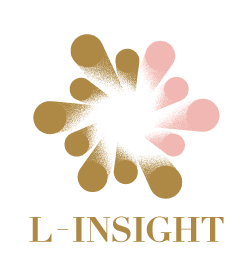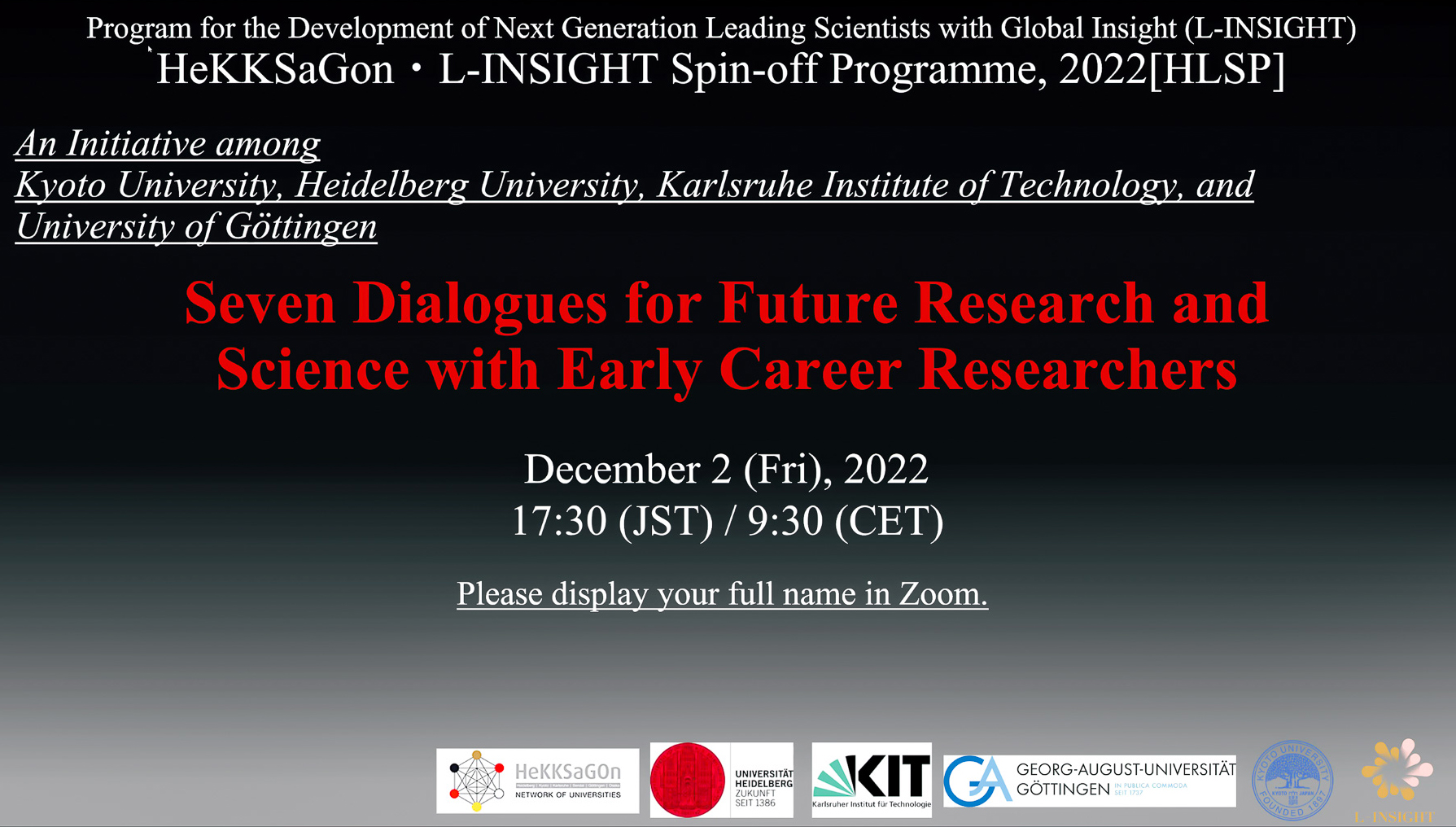
【HeKKSaGOn・L-INSIGHT Program [HLSP]2022】 Seven L-INSIGHT Fellows discussed transdisciplinary topics with researchers from 11 German institutions.(2 December 2022)
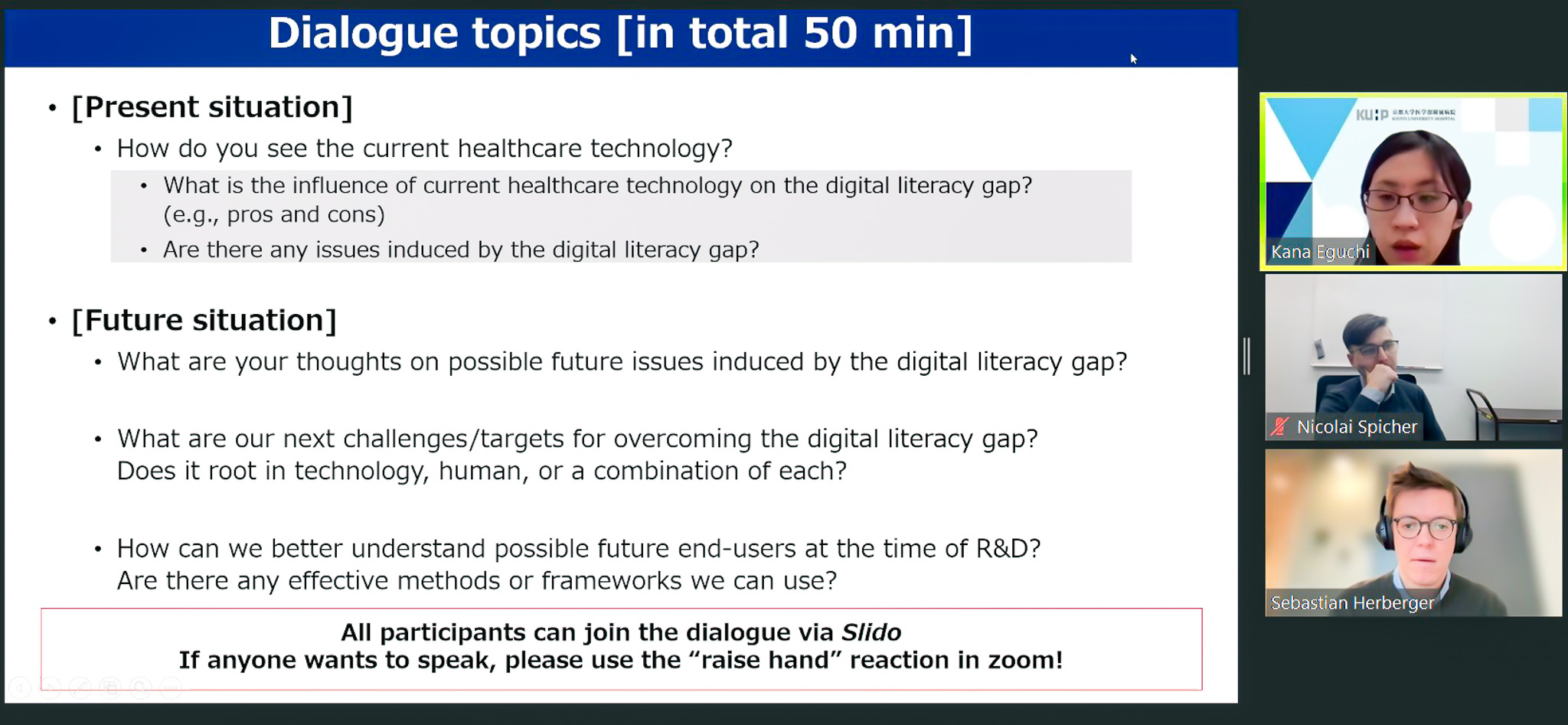
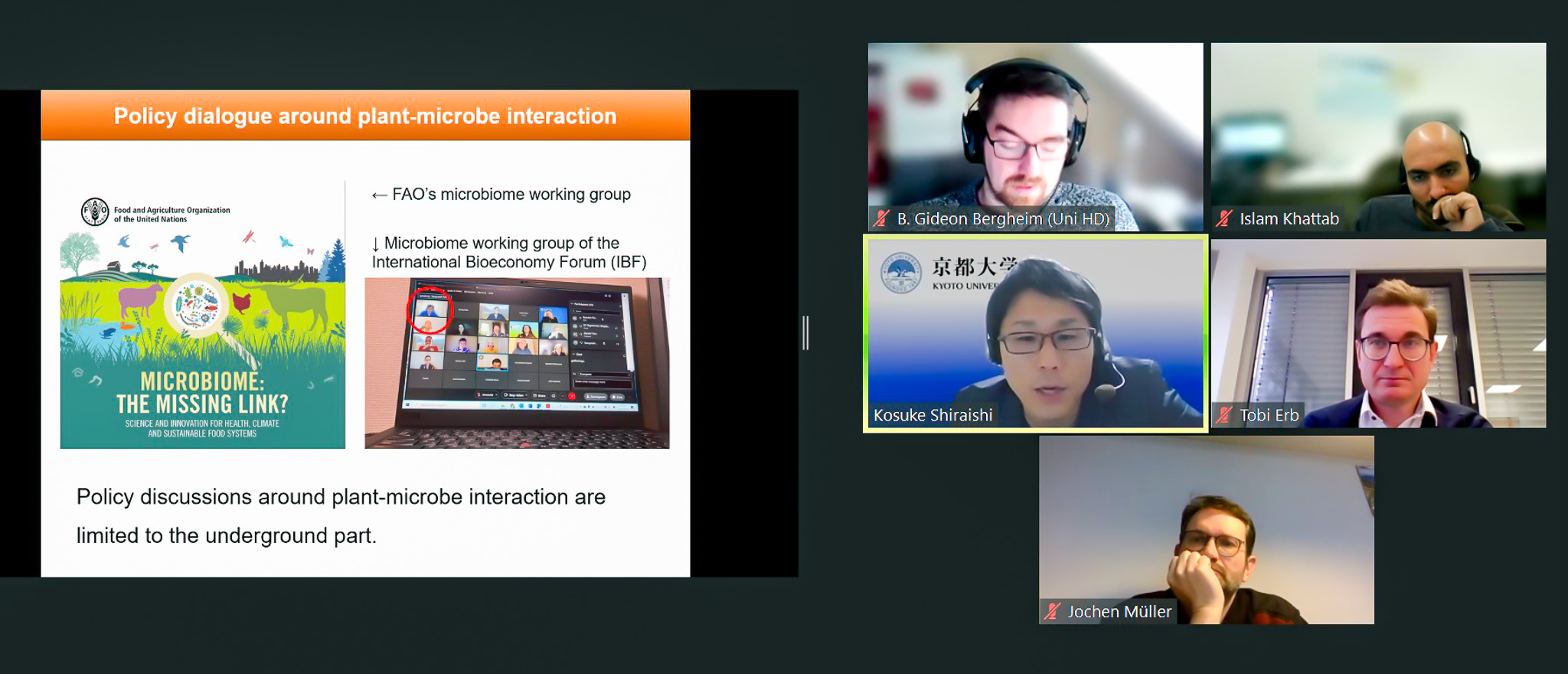
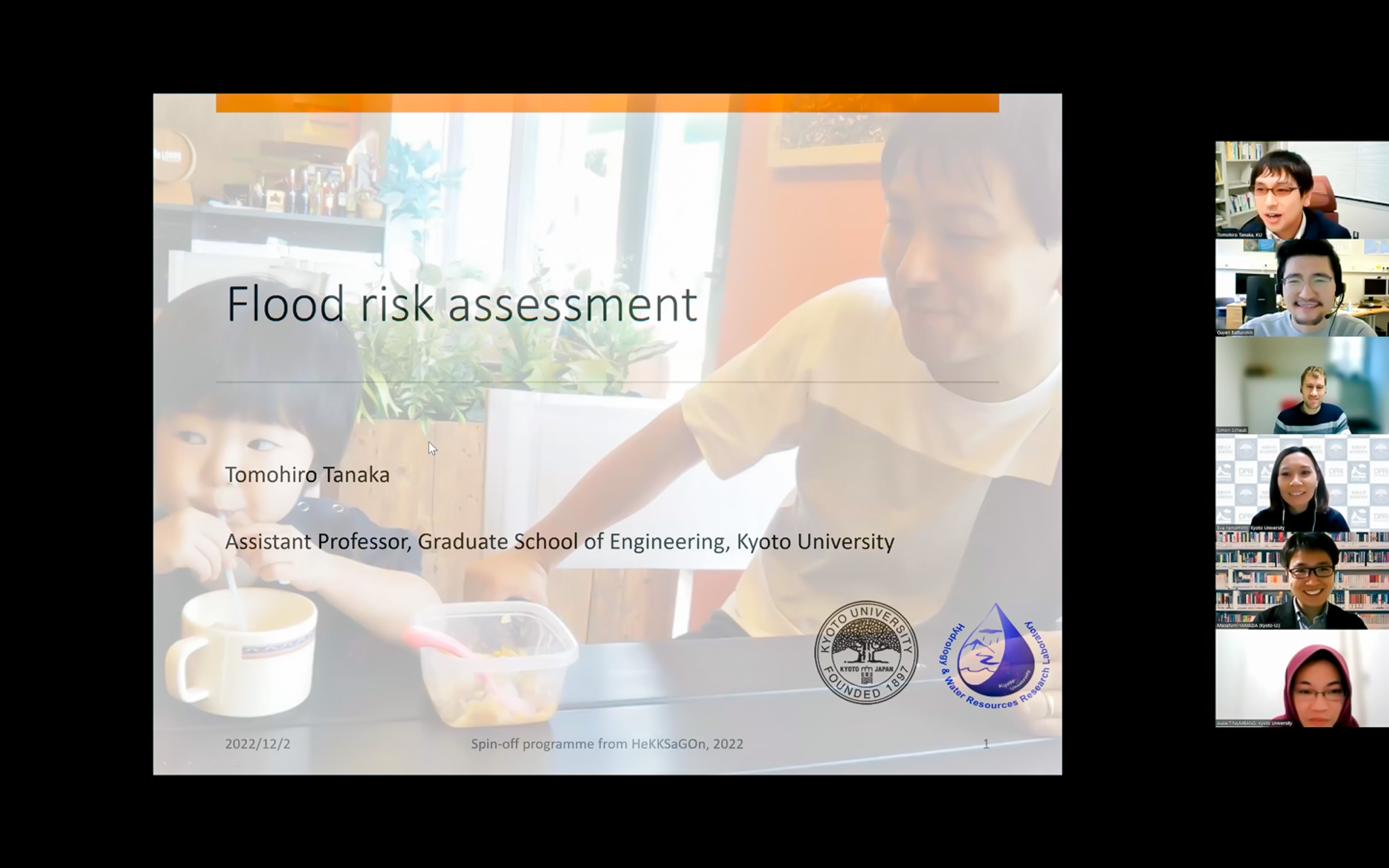
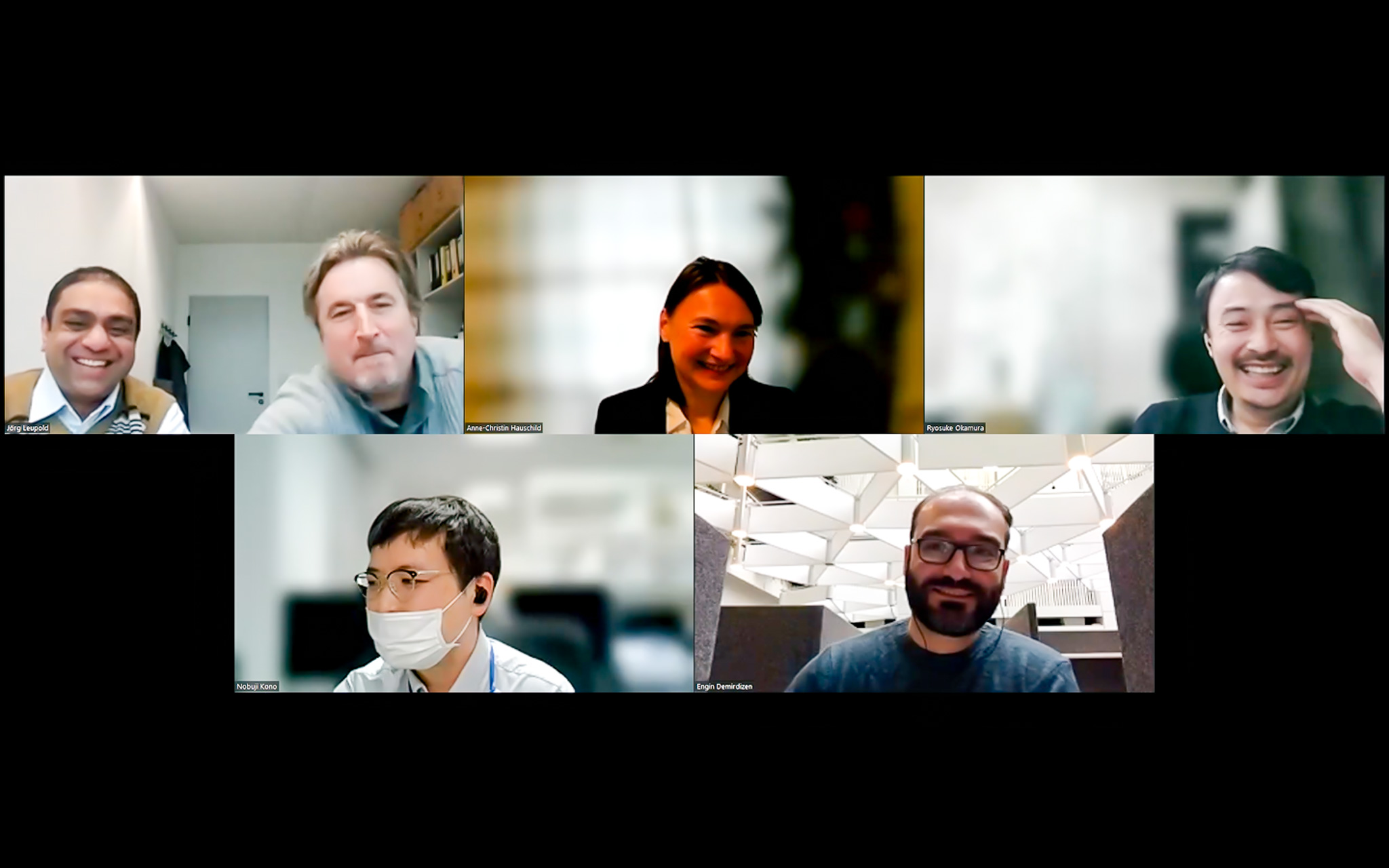
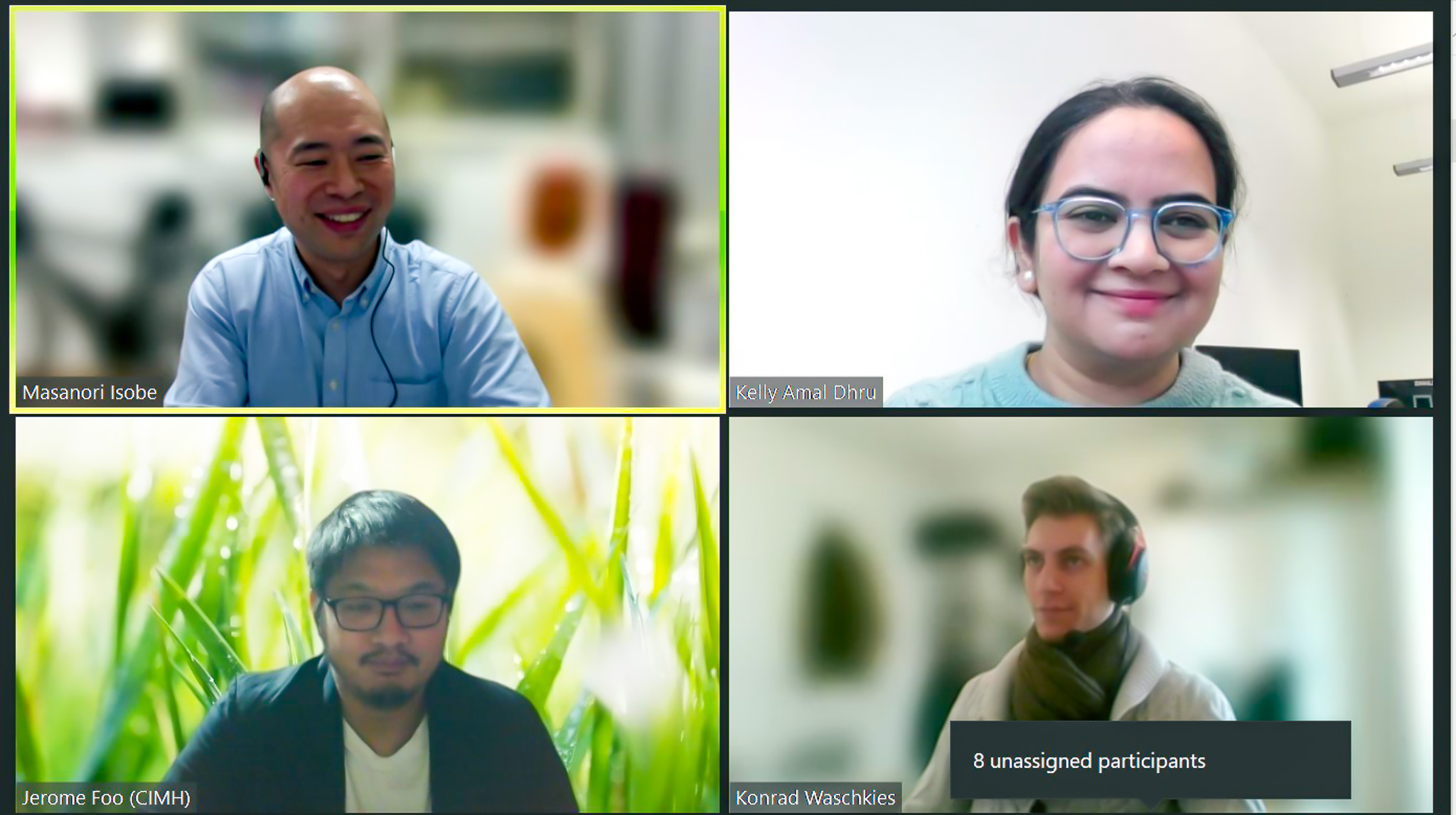
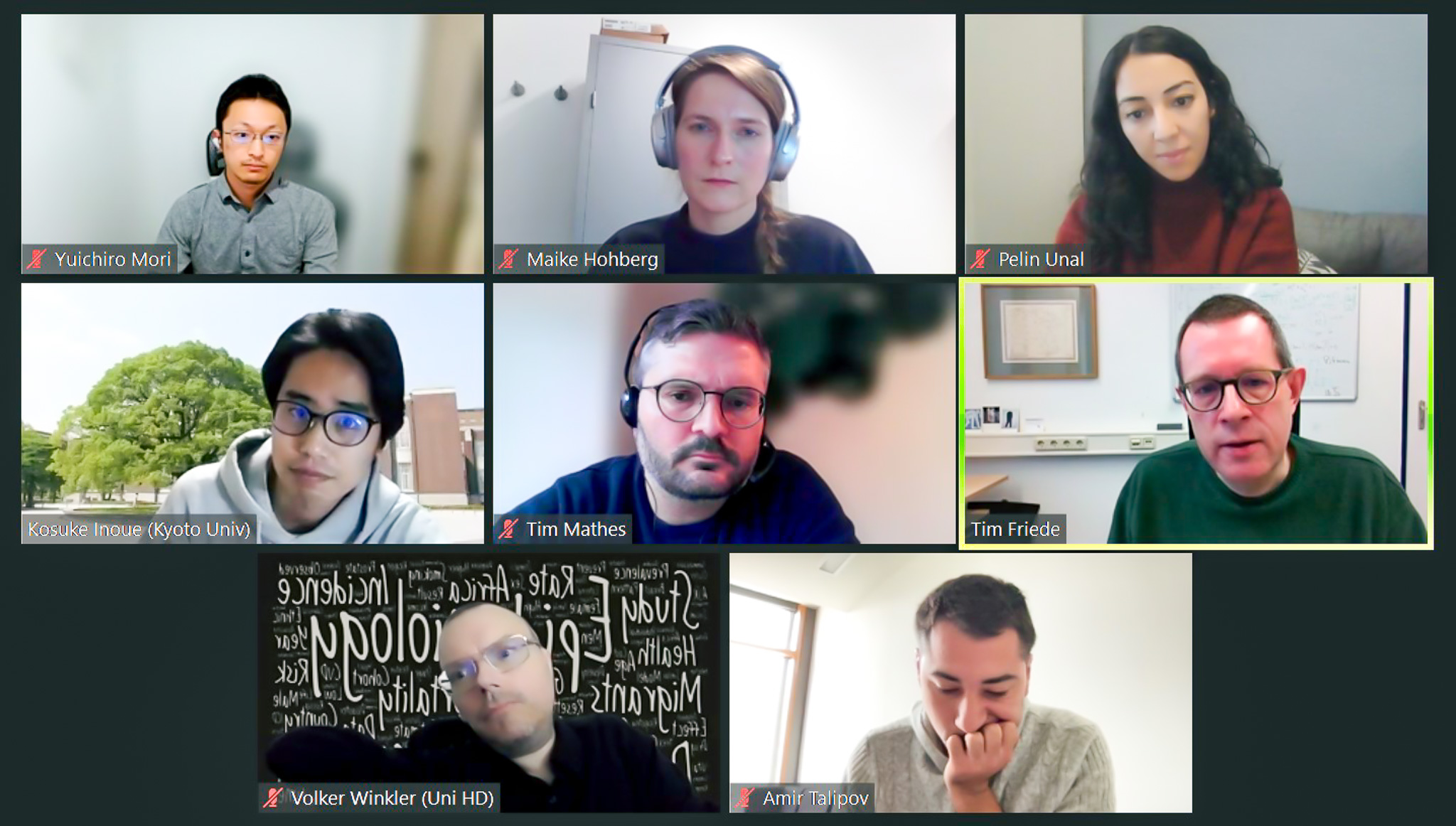
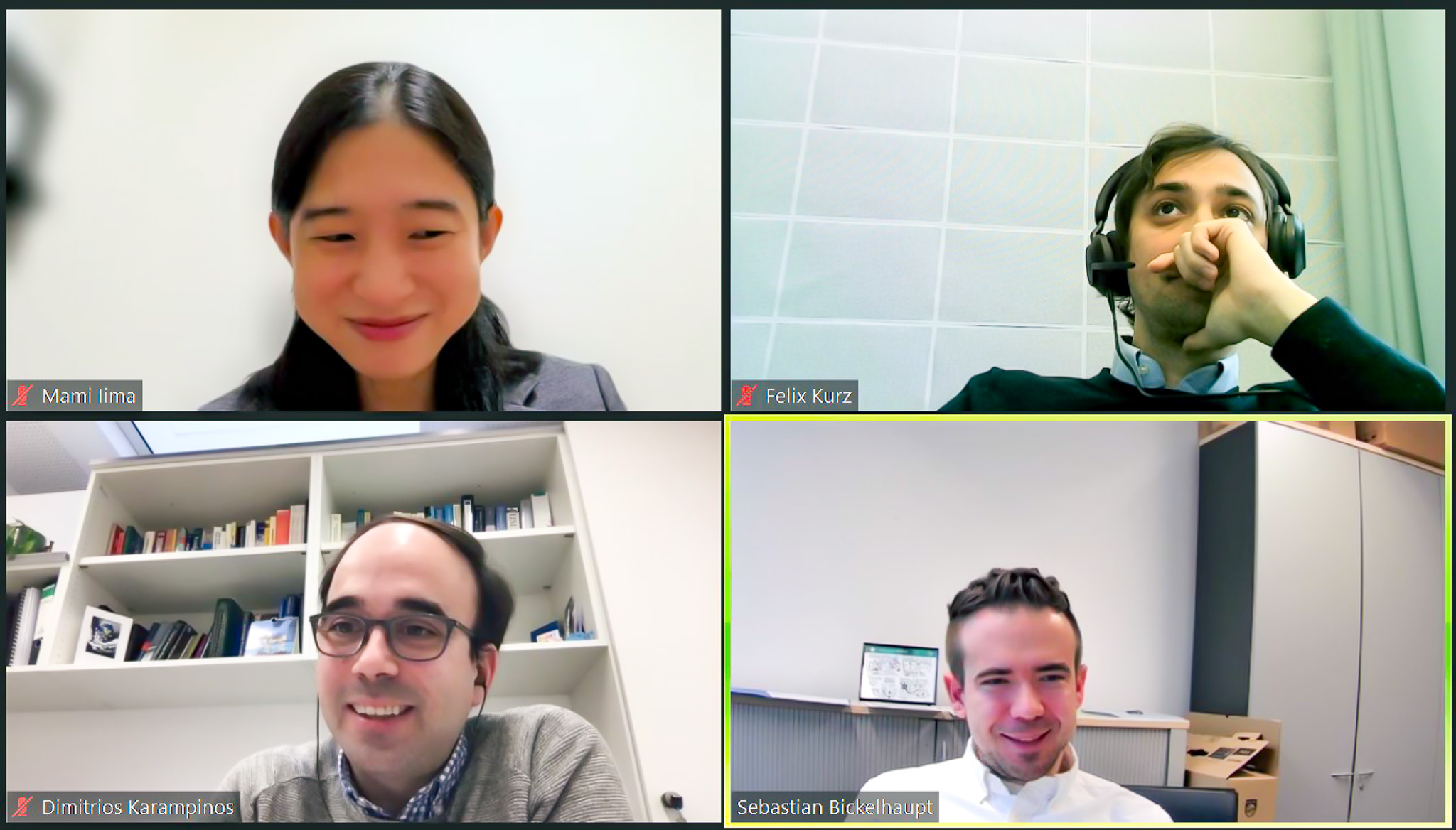
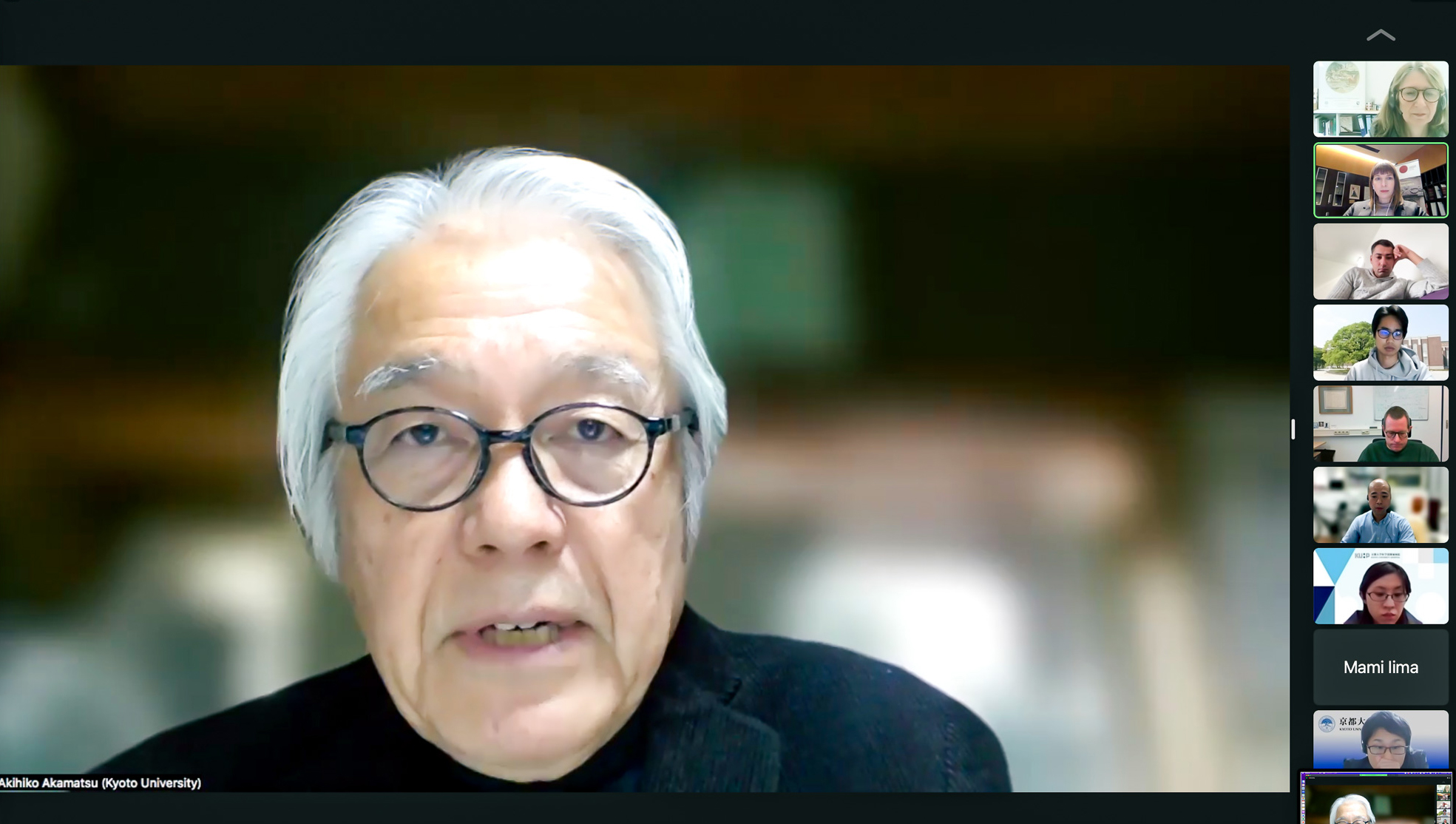
L-INSIGHT held the second “Seven Dialogues for Future Research and Science with Early Career Researchers” on 2 December 2022. In this forum, L-INSIGHT fellows and German university researchers engaged in dialogues on trans-disciplinary topics. These topics were proposed by the former as ones that should be discussed for the development of future research. This year’s event was jointly organized by Kyoto University, Heidelberg University, Karlsruhe Institute of Technology (KIT), and the University of Göttingen. It was the University of Göttingen’s first time joining. With the cooperation of the Kyoto University European Center, the forum’s network was expanded to cover all of Germany. Forty speakers from twelve institutions discussed seven topics, and the audience consisted of people from twenty-five institutions in both Japan and Germany.
Professor Mika Yokoyama first offered opening remarks. She is the Director of Kyoto University’s European Center, which has played a central role as a liaison office for HeKKSaGOn (an alliance of six universities in Germany and Japan). Dr. Klaus Rümmele, the head of international affairs at KIT, then spoke about the importance of creating an environment where early career researchers can take advantage of their talents.
In the group dialogues, Assistant Professor Mami Iima (diagnostic radiology), Assistant Professor Isobe Masanori (psychiatry), Assistant Professor Kōsuke Inoue (epidemiology, causal inference), Program-specific Assistant Professor Kana Eguchi (medical engineering), Assistant Professor Ryōsuke Okamura (oncology), Assistant Professor Kōsuke Shiraishi (applied microbiology), and Assistant Professor Tomohiro Tanaka (hydrology) chaired sessions on topics they had chosen. Participants were divided into groups of three to seven speakers from multiple academic disciplines and engaged in lively discussions based on their own knowledge and perspectives.
In the general discussion, the L-INSIGHT fellows who chaired the sessions shared things they had realized during the dialogues. This included differences and similarities in how issues are perceived in different cultures and fields, as well as the importance of promoting the involvement of early career researchers and citizens when making policies that implement research results in society.
In response, commentators offered their thoughts on the value of transdisciplinary research and how to continue such efforts. First, Professor Dr. Motomu Tanaka, who has two research groups (one at Heidelberg University and one at Kyoto University), expressed his high hopes for cutting-edge MRI imaging technology based on a cross-disciplinary combination of physics, applied mathematics, and information science. He saw this technology, which was the topic of L-Insight Fellow Iima’s presentation, as a potential breakthrough. Professor Dr. Thomas Kneib, the dean of research at the University of Göttingen’s Faculty of Business and Economic Sciences and a statistics expert, then suggested that establishing specific methodologies for collaboration, through data scientification and other means, will help researchers in different fields continue their relationships. Finally, Professor Dr. Yasuyuki Kono of Kyoto University, who has been conducting area studies research on natural resource management for many years, noted that the real world is interdisciplinary, and that the essence of interdisciplinary discussions lies in understanding the unique logic of each discipline.
In closing, Nicole Dorn of Heidelberg University, who has many years of experience in international cooperation projects, sent her compliments to the speakers and audience members and expressed her hope that people will continue to cross borders, such as those dividing academic customs and countries. The forum was brought to a close by Professor Emeritus Akihiko Akamatsu, the director of the Strategic Development Hub for Early Career Researchers, who thanked all those involved.
The forum was moderated by Sabine Schenk of the Heidelberg University Office, Kyoto.
L-INSIGHT plans to further deepen its collaboration with people from these four universities, and continue its efforts so that early career researchers can continuously use this series of forums as an open and international platform.
Plans are being made so that L-INSIGHT fellows and the researchers who spoke at this forum can begin reciprocal visits to gain new experiences and engage in further discussions.
